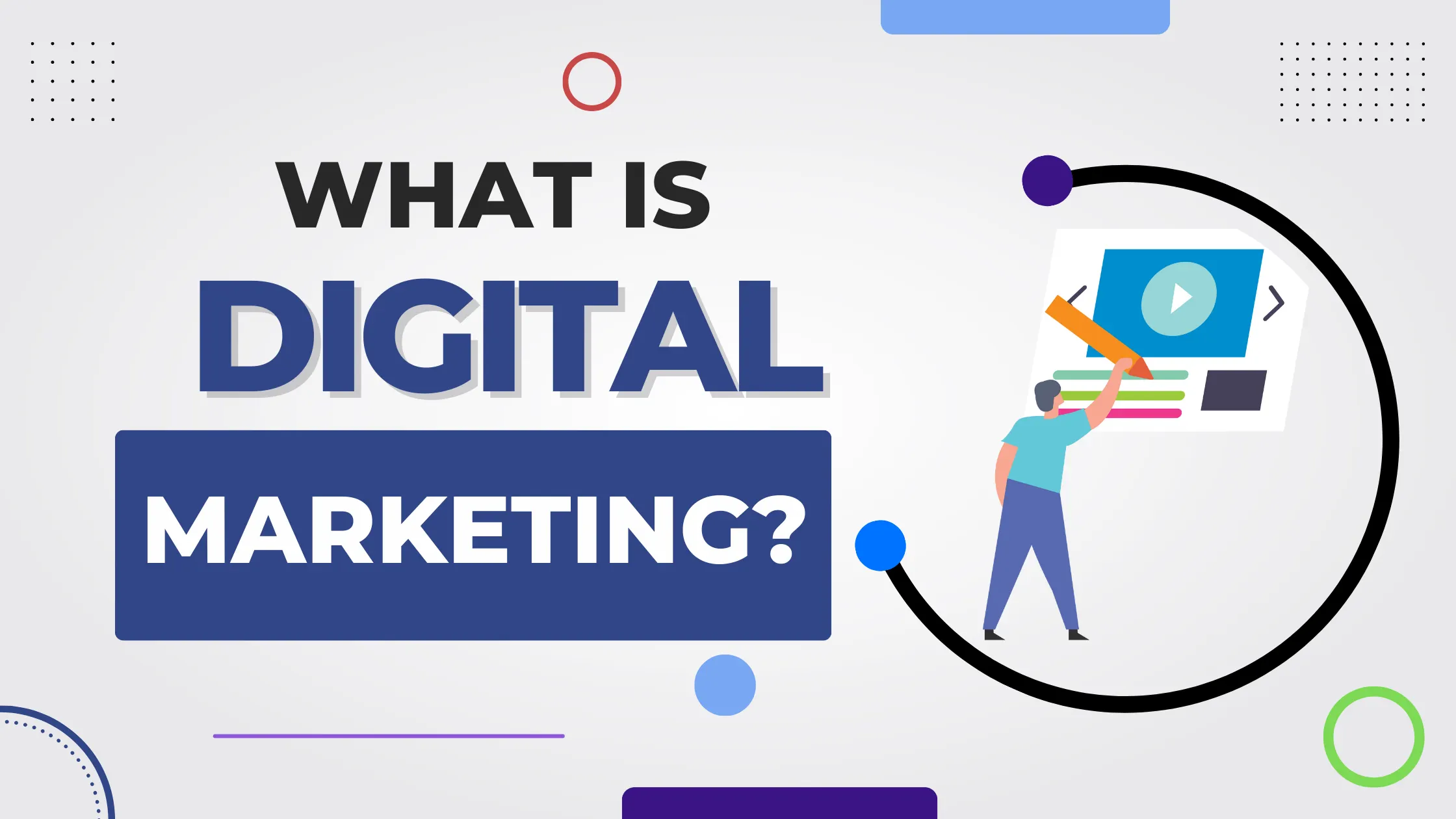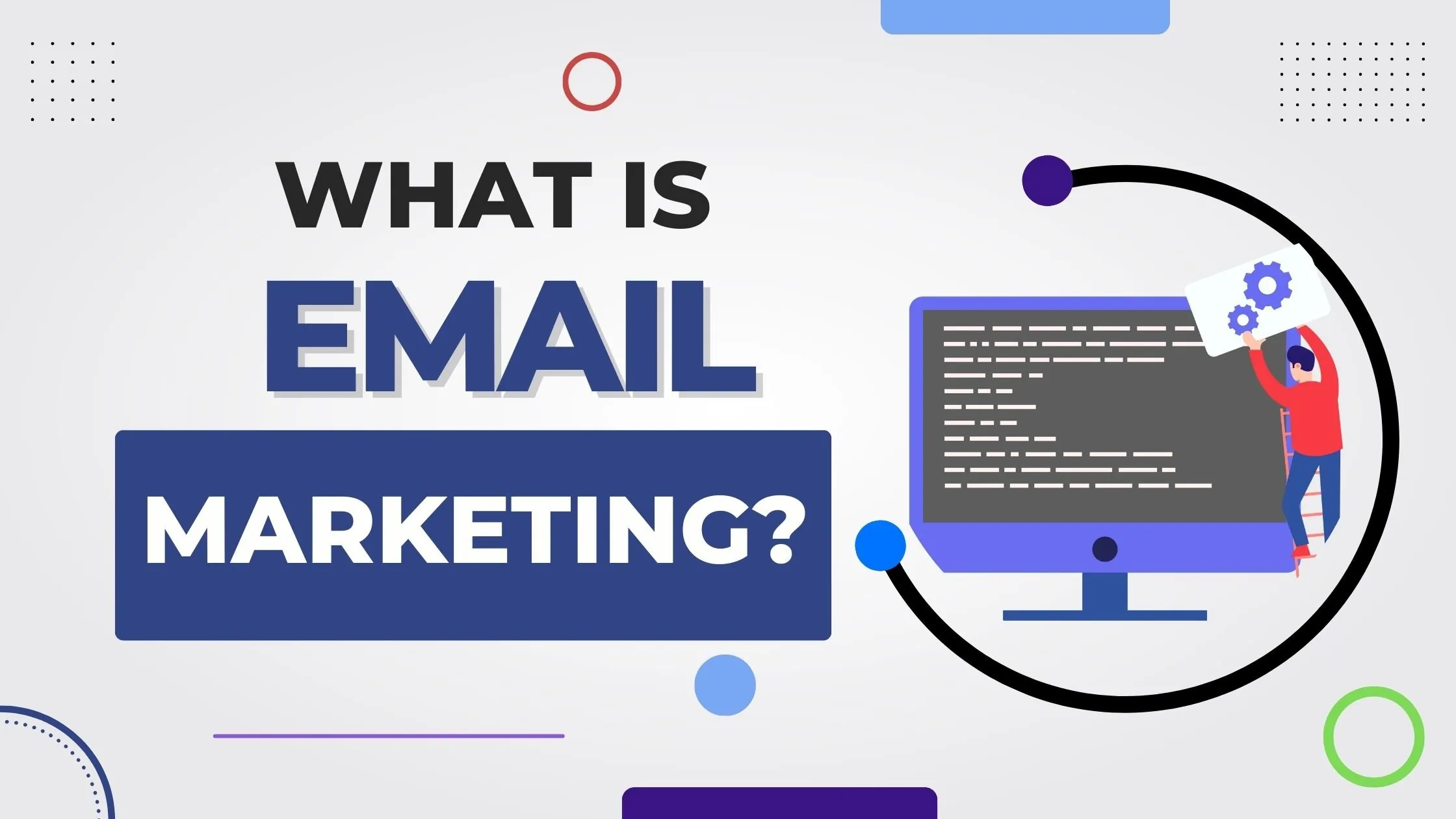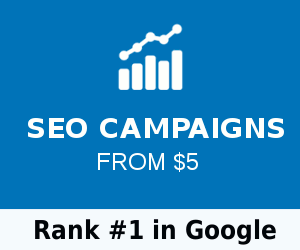What is digital marketing? A Comprehensive Guide
In the ever-evolving landscape of the internet, digital marketing has become an integral part of any successful business strategy. With more and more consumers relying on the internet for their purchasing decisions, understanding digital marketing and its various components is crucial for business growth in the digital age. In this article, we will delve into the world of digital marketing, exploring its definition, importance, and key elements that contribute to its effectiveness.

Defining Digital Marketing
Digital marketing refers to the utilization of digital channels, such as websites, search engines, social media platforms, email, and mobile applications, to promote products or services to a targeted audience.
Compared to traditional marketing channels, digital marketing harnesses the power of technology to connect businesses with their consumers in a more targeted and personalized manner.
Importance of Digital Marketing
In today's digital-centric society, the importance of digital marketing cannot be overstated. Consumers spend a significant amount of time online, whether it's researching products, reading reviews, or engaging with brands on various social media platforms.
By leveraging digital marketing, businesses can reach their target audience where they already spend their time, effectively increasing brand exposure and driving more qualified traffic to their websites.
Key Elements of Digital Marketing
Digital marketing encompasses a range of techniques and channels designed to promote products, services, and brands online. By leveraging various digital platforms and tools, businesses can reach their target audiences effectively. Let's explore the core elements that constitute a successful digital marketing campaign
1. Search Engine Optimization (SEO)
SEO plays a crucial role in digital marketing by optimizing websites to appear higher in search engine results. By using relevant keywords strategically throughout your website content, meta descriptions, and headers, you can increase your website's visibility and attract more organic traffic.
2. Content Marketing
Creating high-quality and valuable content is at the core of content marketing. Through blog posts, articles, videos, or podcasts, businesses can establish themselves as industry experts, engage their audience, and build trust and authority in their niche.
3. Social Media Marketing
With billions of active users on various social media platforms, social media marketing is an essential component of any digital marketing strategy. By creating engaging and shareable content, brands can foster a community around their products or services, increase brand awareness, and drive more traffic to their websites.
4. Email Marketing
Despite being one of the oldest forms of digital marketing, email marketing remains an effective channel for nurturing leads and converting them into customers. By crafting personalized and targeted email campaigns, businesses can deliver relevant content directly to their subscribers' inboxes, keeping them engaged and informed about their products or services.
5. Pay-Per-Click Advertising (PPC)
PPC advertising allows businesses to bid on specific keywords or phrases, and their ads will appear at the top of search engine results or on relevant websites. With PPC, businesses only pay when users click on their ads, ensuring a higher return on investment and increased visibility.
6. Influencer Marketing
Influencer marketing leverages the popularity and reach of influential individuals to promote products or services. Collaborating with influencers whose followers align with the target audience can significantly increase brand exposure and credibility.
7. Affiliate Marketing
Affiliate marketing is a performance-based digital marketing strategy where businesses reward affiliates for each customer or sale they bring in through their marketing efforts. Affiliates can be bloggers, social media influencers, or industry experts who promote your products or services through unique referral links. This helps drive targeted traffic to your website and boost sales.
Why is Digital Marketing Important?
In today's digital age, businesses have discovered the immense power and potential of online marketing. Digital marketing has become a crucial aspect of any successful marketing strategy, enabling businesses to reach a wider audience and engage with customers in ways that were never before possible. The following are the reasons why digital marketing is important and why businesses should invest in it.
1. Increased Reach and Visibility
One of the primary reasons why digital marketing is important is its ability to reach a vast audience. With the internet, businesses can connect with customers from all around the world, breaking down geographical barriers. Unlike traditional marketing methods, such as print ads or TV commercials, digital marketing allows businesses to reach a larger audience at a fraction of the cost. By utilizing various online channels such as social media, search engines, and email marketing, businesses can significantly increase their visibility and reach a wider customer base.
2. Cost-Effectiveness
Digital marketing is highly cost-effective compared to traditional marketing methods. Small businesses with limited budgets can still create impactful campaigns using digital marketing strategies. Unlike traditional advertising, where costs can quickly add up and may not guarantee results, digital marketing allows businesses to target specific demographics and measure the success of their campaigns in real-time. With digital marketing, businesses can allocate their budgets more efficiently, ensuring optimal returns on investment.
3. Targeted Audience
One of the key advantages of digital marketing is its ability to target specific audiences. Traditional marketing methods often rely on broad targeting, hoping to capture the attention of a small percentage of potential customers. In contrast, digital marketing allows businesses to segment their audience based on demographics, interests, and behaviors. By targeting specific demographics, businesses can tailor their messaging and offers to resonate with their audience, increasing the chances of converting leads into customers.
4. Measurable Results
Unlike traditional marketing methods, digital marketing provides businesses with in-depth insights and analytics. Through tools like Google Analytics, businesses can track the success of their campaigns, measure website traffic, monitor engagement levels, and identify areas for improvement. This data-driven approach allows businesses to make informed decisions and optimize their marketing strategies for better results. With digital marketing, businesses can constantly iterate and improve their campaigns, maximizing their return on investment.
5. Enhanced Customer Engagement
Digital marketing facilitates direct and personalized communication with customers. Through social media platforms, businesses can interact with their audience, respond to inquiries, and address concerns promptly. By fostering meaningful relationships with customers, businesses can build trust and loyalty, leading to repeat business and word-of-mouth referrals.
Digital marketing also enables businesses to create engaging content, such as blog posts, videos, and infographics, that resonate with their audience. This not only establishes the business as a thought leader but also increases brand awareness and engagement.
How to Create an Effective Digital Marketing Strategy
Having a solid marketing strategy is crucial for the success of any online business. With the increasing competition and ever-evolving digital landscape, it's vital to stay ahead of the game and ensure your brand stands out among the sea of online noise.
The following are the key steps and considerations for creating an effective digital marketing strategy that will help you achieve your business goals.
1. Understand Your Target Audience.
The foundation of any successful marketing strategy is a deep understanding of your target audience. Take the time to research and analyze your audience demographics, psychographics, and online behavior. This will enable you to create personalized and relevant campaigns that resonate with your prospective customers. Utilize tools like Google Analytics, social media insights, and online surveys to gather data and gain insights into your audience preferences.
2. Set Clear and Measurable Goals.
Before diving into any marketing activities, it's essential to define clear and measurable goals. These goals will serve as your roadmap and help you stay focused on what you aim to accomplish. Whether it's increasing brand awareness, generating leads, driving website traffic, or boosting sales, ensure that your goals are specific, measurable, attainable, relevant, and time-bound (SMART).
3. Conduct a Thorough Competitor Analysis.
In order to carve a niche and differentiate yourself from competitors, conducting a thorough competitor analysis is crucial. Analyze your competitors' online presence, strategies, content, and messaging. Identify what works well for them and where the gaps lie. This analysis will provide valuable insights and guide you in developing a unique selling proposition that sets you apart from the competition.
4. Define Your Brand Persona and Messaging.
Developing a strong brand persona and consistent messaging is fundamental to building brand awareness and recognition. Clearly define your brand personality, values, and voice, and ensure that it resonates with your target audience. Craft compelling and persuasive messaging that communicates your unique value proposition in a way that connects with your audience emotionally.
5. Choose the Right Digital Channels.
With a plethora of digital channels available, it's essential to invest your resources in the ones that align with your goals and target audience. Consider the nature of your business, the preferences of your target audience, and the capabilities of each channel. Whether it's search engine optimization (SEO), social media marketing, content marketing, email marketing, or paid advertising, select the channels that will effectively reach and engage your audience.
6. Develop Engaging and Valuable Content.
Content is the backbone of any successful digital marketing strategy. Create high-quality, relevant, and engaging content that adds value to your audience's lives. This could include blog articles, videos, infographics, podcasts, and more. Use the focus keyword strategically throughout your content to improve search engine optimization and increase organic traffic. Remember to optimize your content with proper headings, subheadings, bullet points, and numbered lists for better readability.
7. Implement Conversion Optimization Techniques.
Driving traffic to your website is only half the battle. To convert visitors into customers, you need to optimize your website and landing pages for conversions. Conduct A/B testing, optimize your forms, streamline the user experience, and create compelling call-to-actions that guide visitors towards your desired action. Continuously analyze and refine your conversion optimization techniques to maximize your return on investment.
8. Track and Analyze Your Results.
Regularly monitoring and analyzing your marketing efforts is crucial for refining your strategy and maximizing your results. Utilize tools like Google Analytics, social media analytics, and email marketing software to track key metrics such as website traffic, engagement, conversions, and ROI. Use this data to identify what's working and what needs improvement, and make data-driven decisions to optimize your strategy.
Creating an effective digital marketing strategy requires a deep understanding of your target audience, clear goals, a strong brand persona, and a well-executed content and channel strategy. By following the steps outlined above, you'll be on your way to developing a successful digital marketing strategy that brings tangible results for your business.
Conclusion
Digital marketing is a multifaceted and dynamic field that businesses must embrace to stay competitive in the digital age. By understanding the key components of digital marketing and leveraging them effectively, businesses can increase their online presence, engage their target audience, and ultimately drive more qualified leads and conversions.
Please leave your valuable comments in the comment box below and share this article with your friends to spread the knowledge on digital marketing.















